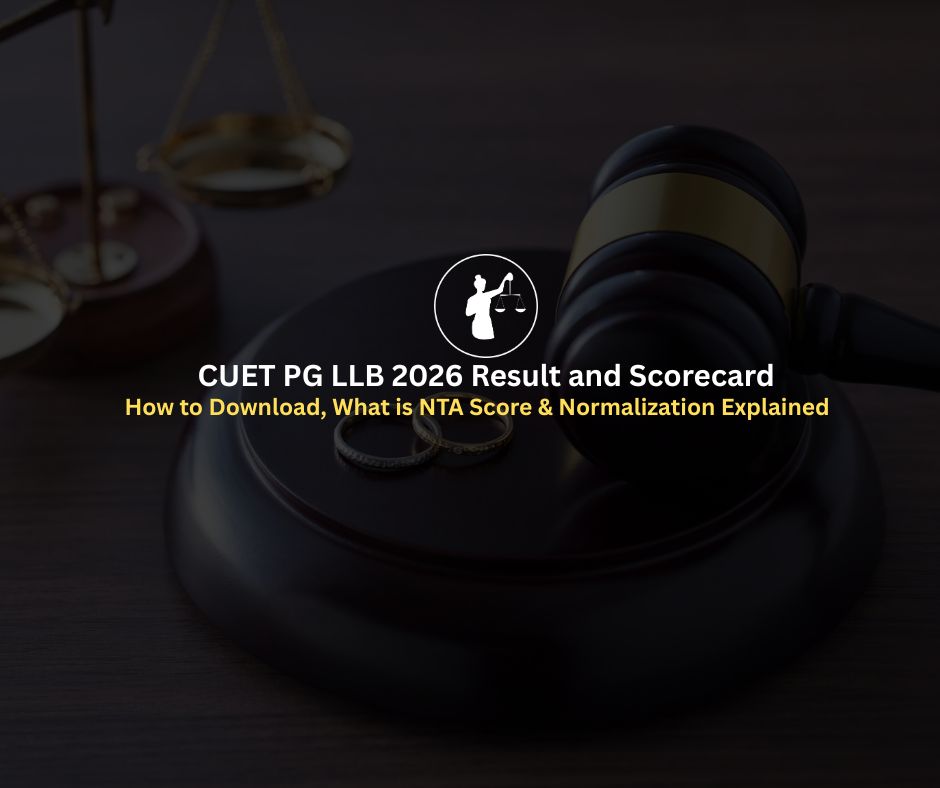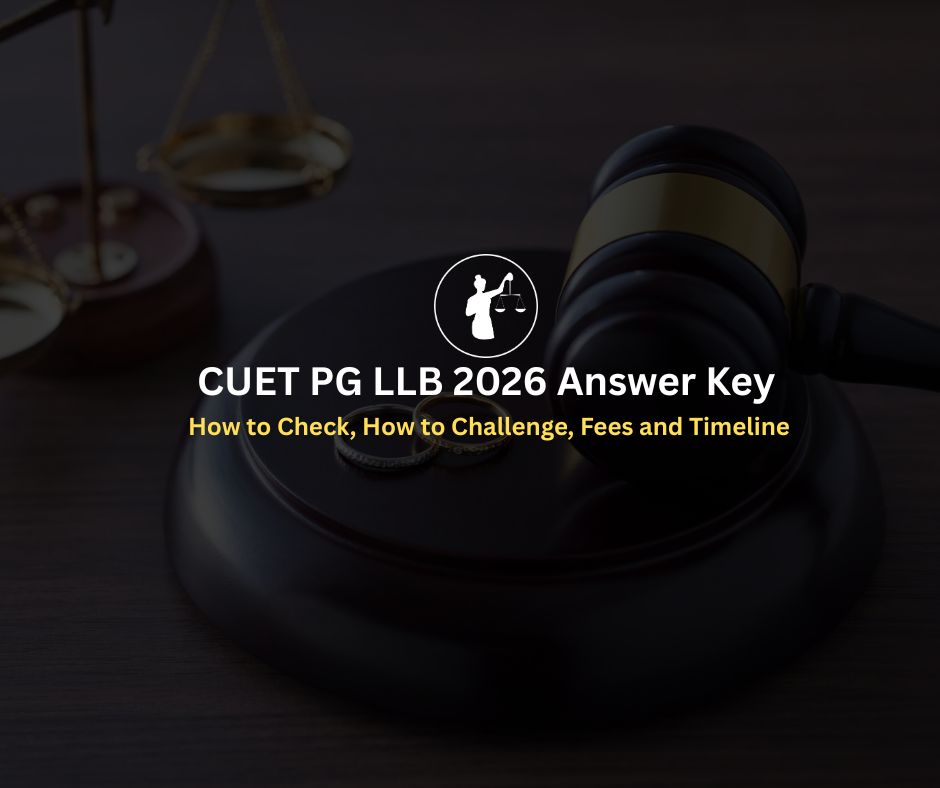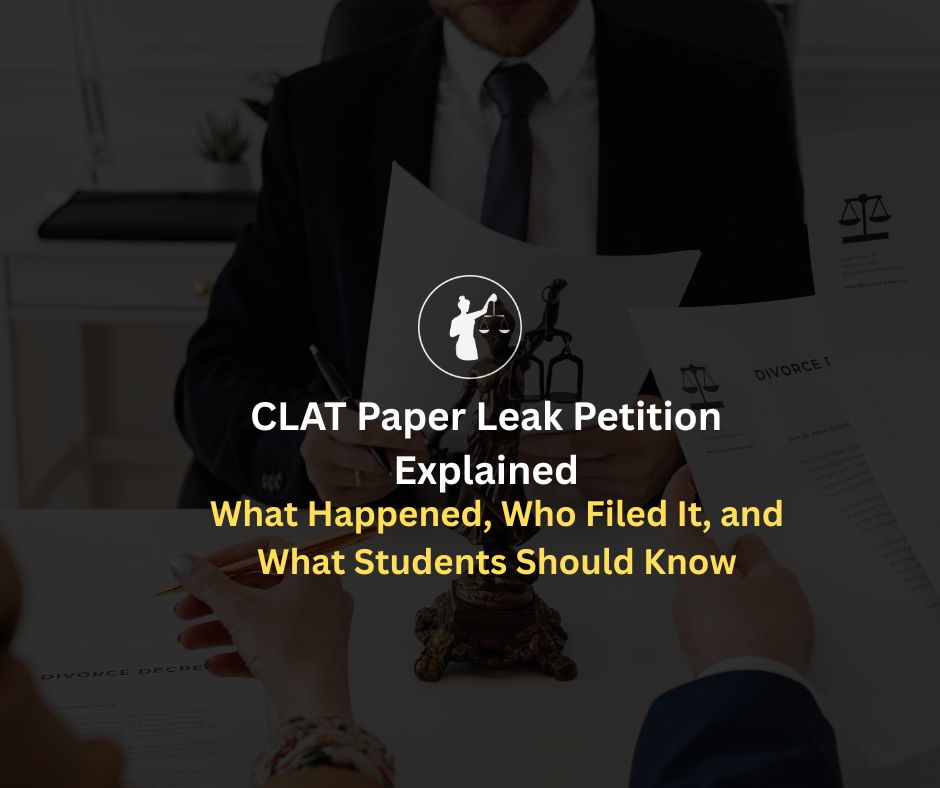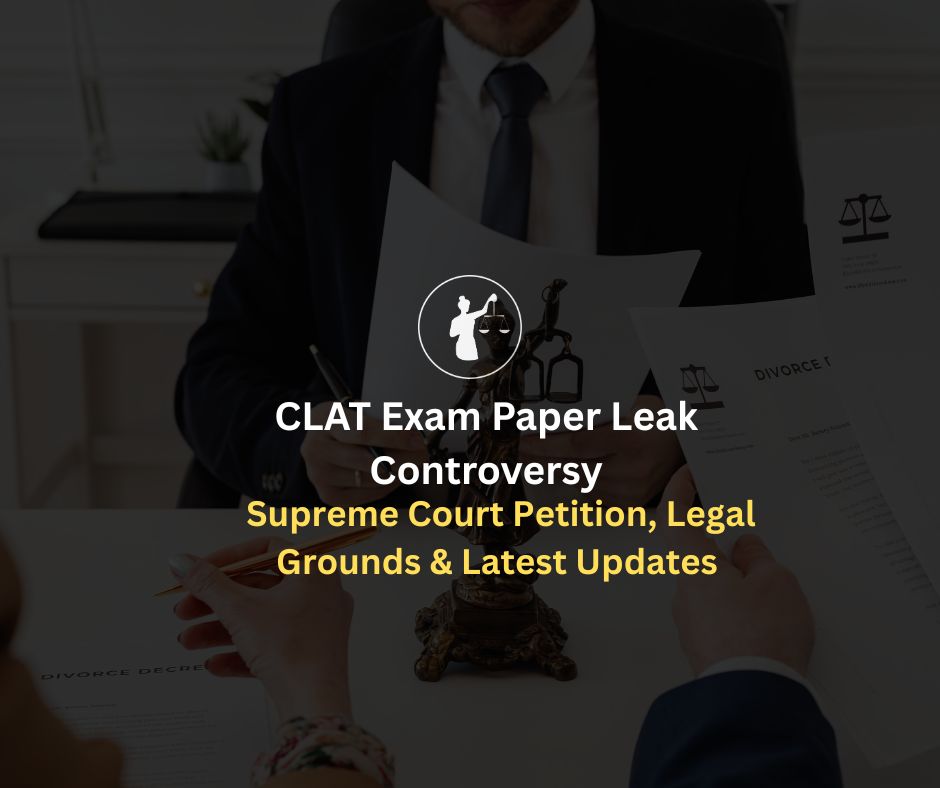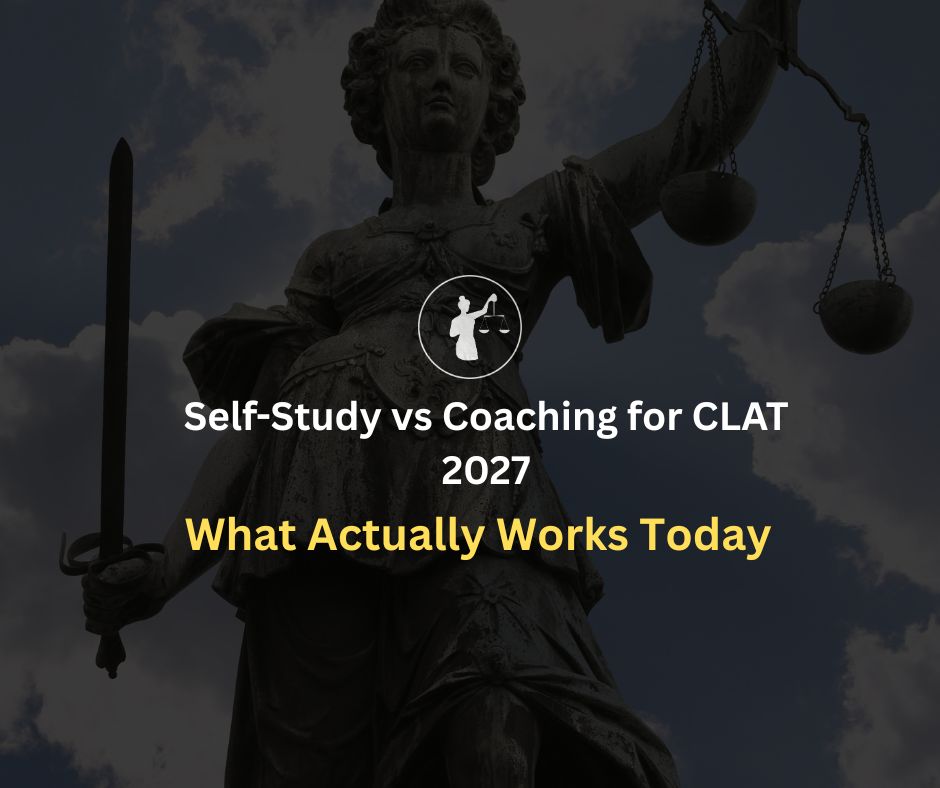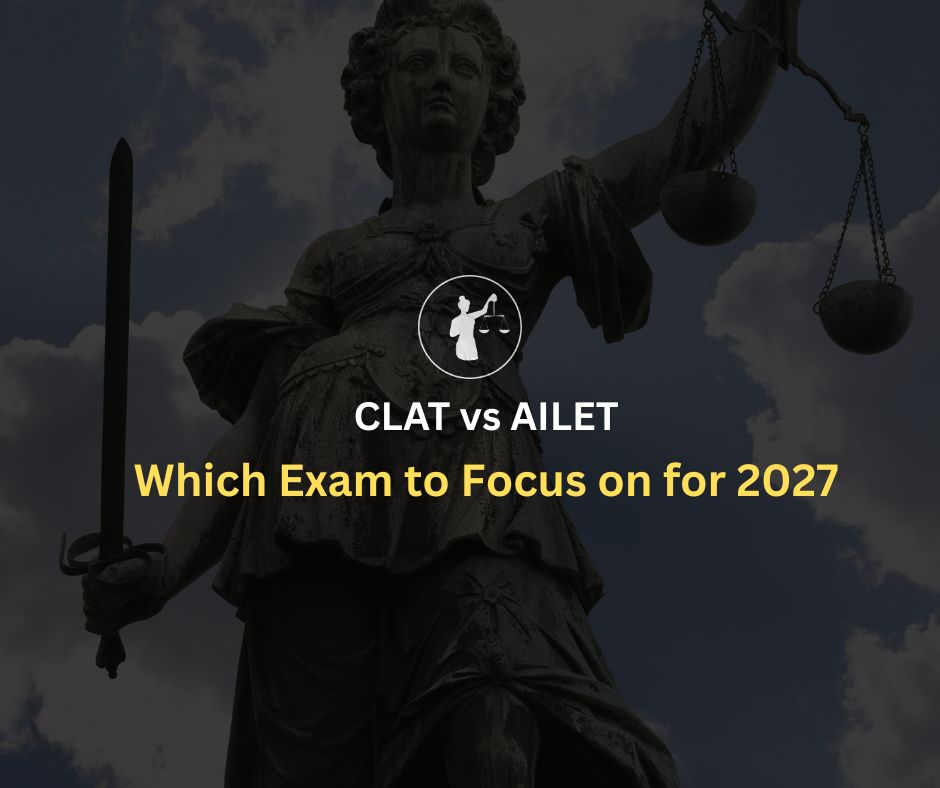
The National Law School Admission Test (NLSAT) 2026 is your gateway to the prestigious 3-Year LL.B.
program at NLSIU Bengaluru, India's top-ranked law school.
One of the most decisive components of this exam is Logical Reasoning, featured prominently in Part A (Objective section).
Whether you're from a humanities, commerce, or science background, mastering logical reasoning is
non-negotiable for advancing to the subjective Part B of the exam.
In this guide, we’ll break down:
What Logical Reasoning tests in NLSAT 2026
The most important question types
Proven strategies for success
Practice drills to sharpen your skills
Logical Reasoning in NLSAT 2026 is part of the Critical Reasoning subsection in Part A.
It does not test prior legal knowledge, but rather your ability to:
Identify assumptions
Evaluate arguments
Draw valid conclusions
Analyze cause-effect relationships
Detect logical fallacies
Read More: NLSAT 2026 English: Key Comprehension Topics & Tools
Focus on these commonly tested question types:
Assumption-Based Questions
Identify implicit assumptions necessary for the argument to hold
Practice Tip: Eliminate choices that can be false without weakening the argument
Strengthen/Weaken Arguments
Add new premises to either reinforce or undercut an argument
Look for cause-effect patterns or statistical errors
Inference Questions
Based on given statements, determine what must be true
Avoid choices that are “probably true”; look for logically necessary conclusions
Paragraph Completion
Choose the sentence that logically completes the paragraph’s argument
Understand tone, progression, and logical flow
Read the Question Stem First
Knowing whether it’s an assumption, inference, strengthen/weaken question saves time
Break Down Arguments into Premises and Conclusions
Underline the main conclusion and list supporting facts mentally
Watch for Trap Words
Words like “only,” “always,” “must,” and “never” often indicate extreme choices that are wrong
Apply the Negation Test
For assumption questions, negate each option: if the argument collapses, it’s a required assumption
Don’t Overthink
Stick strictly to the information provided.
Avoid outside knowledge or speculation.
Use Elimination
Quickly remove illogical or irrelevant options, even if you're unsure of the right answer
Stay Calm Under Pressure
Part A is negatively marked (-0.25 for wrong/unanswered answers), so guess smartly for every question where you’re unsure.
Read More: Legal Aptitude Guide for NLSAT 2026: Key Topics & Tips
Argument: The new legal reform will fail unless the public understands its implications.
Which of the following is an assumption of the argument?
A) The public usually misunderstands legal reforms
B) Understanding implications leads to support
C) The public's understanding is crucial for success
D) Reforms that fail are misunderstood
Answer: C
Explanation: The argument hinges on public understanding being critical this is the hidden assumption.
Argument: Implementing evening courts will reduce the backlog of pending cases.
Which of the following, if true, strengthens the argument?
A) Evening courts were successful in another state
B) Evening courts require more electricity
C) Most judges dislike late shifts
D) Citizens are unaware of evening court plans
Answer: A
Explanation: This gives empirical evidence that the solution has worked before.
5 Best Practices for Logical Reasoning Mastery in NLSAT 2026
Practice Under Time Pressure
Allocate 25–30 minutes to the reasoning + comprehension sections while solving questions.
This sharpens real-time decision-making.
Review Mistakes Deeply
Use a reasoning logbook: note down what you got wrong and why.
Was it a logic gap? Misread question? Wrong elimination?
Use Proven Sources
Study from GMAT Critical Reasoning books and NLTI Sectional Tests to improve accuracy and precision.
Simulate Exam Environment
Don’t solve isolated questions.
Practice full-length Part A sections to build test endurance and pacing strategy.
Get Feedback on Part A Mocks
Join a structured test series (like NLTI) to get analytics on your speed, accuracy, and question-type weaknesses.
Read More: NLSAT 2025: Nikhil’s Journey to AIR 3 Success
Your clarity in logical structure directly affects your subjective writing in Part B.
Essays and legal reasoning answers are scored on coherence, argumentation, and logical development.
That’s why sharpening reasoning skills in Part A gives you a double advantage.
Final Thoughts: Train Your Legal Mind
Success in Logical Reasoning for NLSAT 2026 is not just about solving questions it’s about thinking like a lawyer.
You need to analyze, argue, and assess with clarity.
With regular practice, reflection on mistakes, and a strategic mock plan, you’ll not only qualify for Part B but also excel in it.
